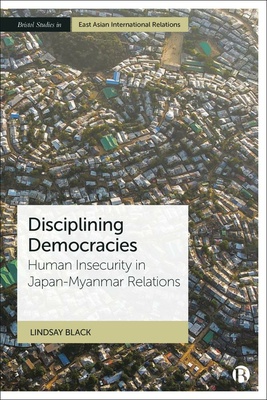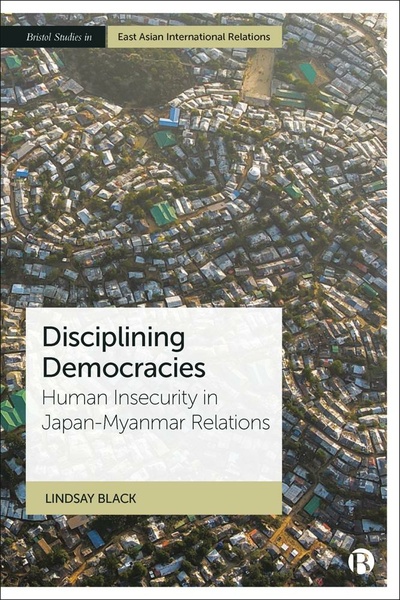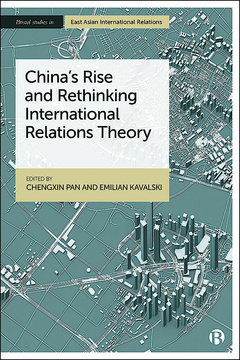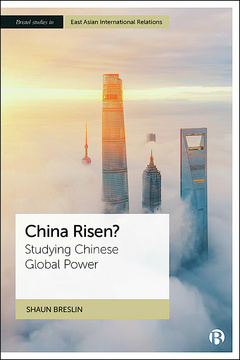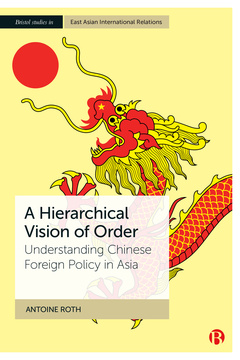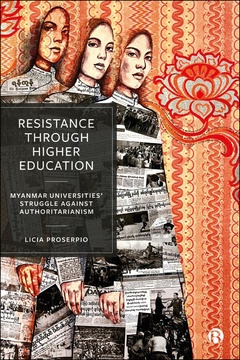Published
Jul 27, 2023Page count
246 pagesBrowse the series
Bristol Studies in East Asian International RelationsISBN
978-1529232844Dimensions
234 x 156 mmImprint
Bristol University PressPublished
Jul 27, 2023Page count
246 pagesBrowse the series
Bristol Studies in East Asian International RelationsISBN
978-1529232851Dimensions
234 x 156 mmImprint
Bristol University PressPublished
Jul 27, 2023Page count
246 pagesBrowse the series
Bristol Studies in East Asian International RelationsISBN
978-1529232851Dimensions
234 x 156 mmImprint
Bristol University PressThis book examines Japan’s relationship with Myanmar from the passage of its constitution in May 2008 to the February 2021 coup d’état that finished its transition to a ‘disciplined democracy.’
It explores the nexus between security and political economy in the context of changing regional dynamics characterized by ‘Great Power’ competition and cooperation. Focusing on the impact of Japan’s relations with Myanmar on people in Myanmar and beyond, the author argues that the Japanese government and businesses side lined ‘universal values’ for profit at the expense of human security.
This text develops a unique Area Studies approach that critiques how Japan’s foreign policy elites perceive Japan’s role in the liberal international order.
“A detailed, indeed exhaustive, study both of the realities of the Japanese economics-driven presence in Myanmar and the rhetoric Tokyo uses to legitimize it.” Donald M. Seekins, Meio University
“Japan's diplomacy towards Myanmar is based on a policy of 'democracy as process (not progress)', which rewarded Myanmar's military regime too much for too little. This book gives a straightforward answer to this inconsistency through convincing discussions based on credible sources.” Kei NEMOTO, Sophia University
Lindsay Black is Associate Professor at the Institute for Area Studies at Leiden University.
Introduction
1. The Evolution of New Area Studies
2. ‘Asia’s Liberal Leader’ and Human Insecurity
3. Japan as a ‘Bridge’: Facilitating Myanmar’s Transition to a ‘Disciplined Democracy’
4. Japan and Special Economic Zones in Myanmar
5. Meddling for Profit: Japan’s Peace-Building Role in Myanmar
6. Dereliction of Responsibility: Japan’s ‘Liberal Leadership’ in the 2016–20 Rakhine Crisis
Conclusion: The Chimera of Progress







